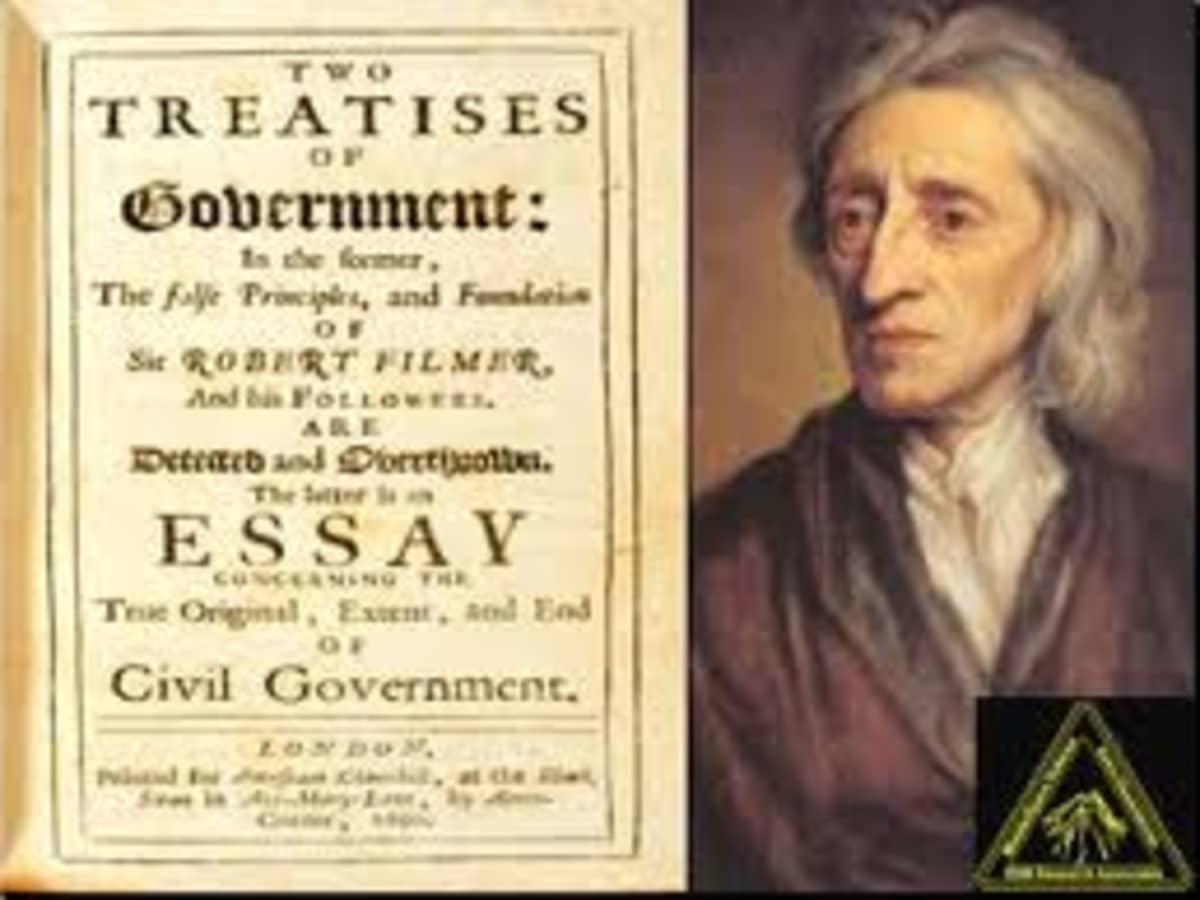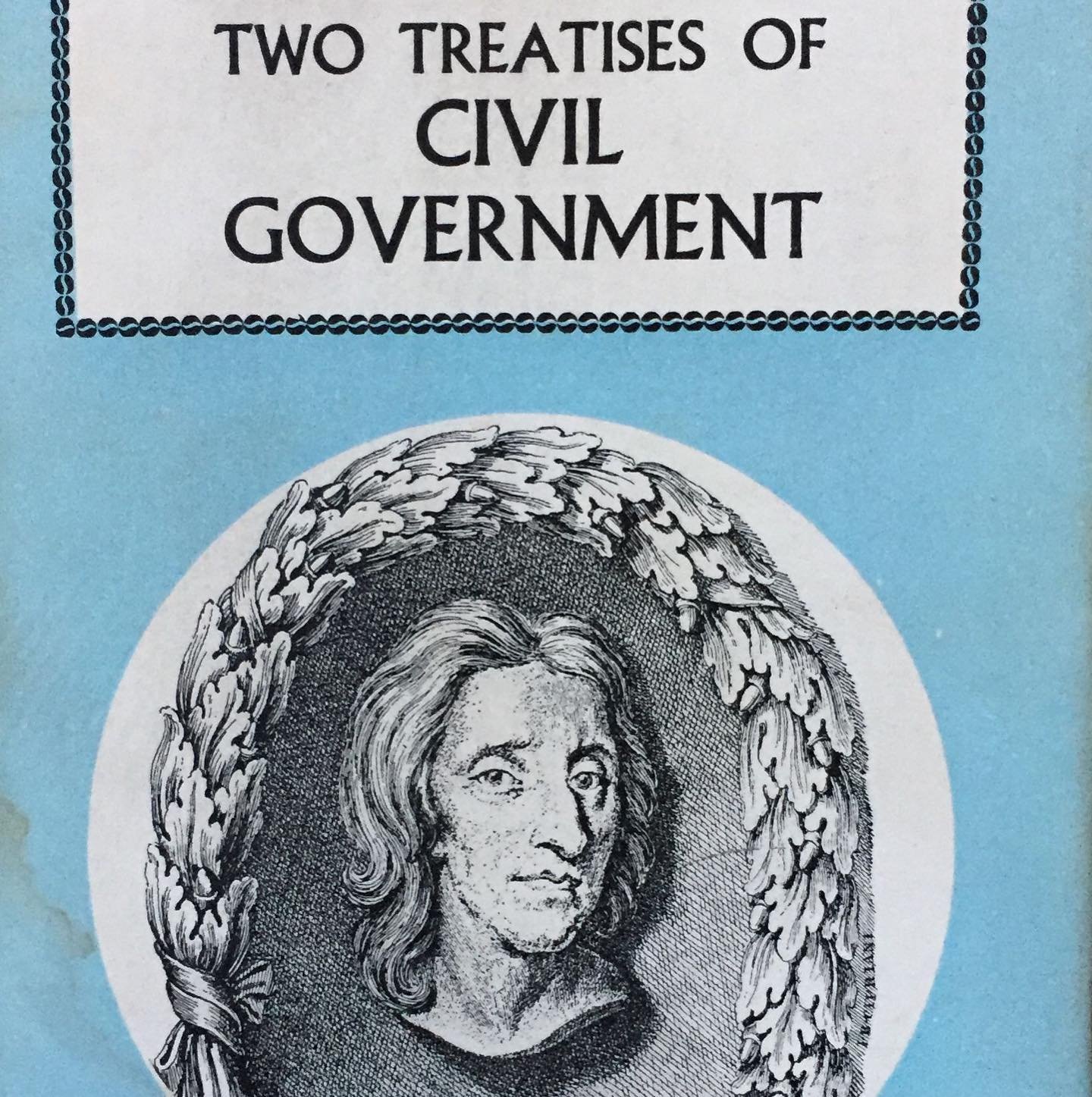
Welcome to an in-depth exploration of one of the most significant figures in Western philosophy, John Locke. Born in the year 1632, Locke emerged as a pivotal thinker whose ideas have profoundly shaped the foundations of modern empiricism and political liberalism. His contributions to philosophy and political theory have had a lasting impact on the way we understand knowledge, government, and individual rights. As we embark on this journey through Locke’s life and intellectual legacy, we invite you to settle in with a warm cup of coffee. Together, we will delve into his groundbreaking theories, examine the historical context in which he lived, and uncover how his thoughts continue to influence contemporary discussions on freedom and governance. Join us as we unravel the complexities of Locke’s philosophy and appreciate the enduring relevance of his work in today’s world!
Early Life and Education

Birth and Family Background
John Locke was born on August 29, 1632, in the quaint village of Wrington, located in Somerset, England. He was born into a family that held Puritan sympathies, yet they chose to remain within the established Church of England. This duality in his upbringing had a profound impact on Locke’s philosophical outlook, particularly in shaping his views on religious toleration. The values and beliefs instilled in him during his formative years would later influence his writings and thoughts on governance, individual rights, and the importance of freedom of belief in a diverse society.
Academic Journey
Locke’s academic pursuits commenced at Westminster School, where he demonstrated exceptional talent in classical subjects, particularly Latin and Greek. His intellectual journey took a significant step forward when, at the age of 20, he enrolled at Christ Church, Oxford. However, his experience at the university was less than fulfilling; he found the curriculum to be tedious and uninspiring. The focus was predominantly on the works of Aristotle, which left little room for the innovative ideas emerging from contemporary thinkers such as Francis Bacon and René Descartes, whose philosophies were beginning to reshape the intellectual landscape of Europe.
Influences at Oxford
While at Oxford, Locke had the opportunity to engage with several prominent intellectual figures, including Robert Boyle, a pioneer in the field of chemistry, and Christopher Wren, an esteemed architect and astronomer. These connections proved to be pivotal, as they ignited Locke’s passion for natural philosophy and medicine. The knowledge and insights he gained from these influential relationships would later inform his own philosophical inquiries and contribute significantly to the development of his ideas in his later works.
Philosophical Contributions

Empiricism and Knowledge
John Locke is widely recognized for his influential philosophical work, An Essay Concerning Human Understanding, published in 1689. In this groundbreaking text, Locke vehemently opposed the concept of innate ideas, which posited that certain ideas or knowledge are inherent in the human mind from birth. Instead, he put forth the compelling argument that all knowledge is derived from experience, which occurs through two primary avenues: sensation and reflection. This revolutionary perspective fundamentally transformed our understanding of human cognition and the processes by which we acquire knowledge.
The Theory of Ideas
Locke’s theory of ideas presents the notion that human minds are akin to blank slates, or tabula rasa, at the moment of birth. According to this view, our thoughts, beliefs, and knowledge are shaped and molded by our experiences throughout life. It is indeed a captivating idea to consider that everything we know and understand about the world around us is a product of our sensory experiences and reflective thinking. This perspective emphasizes the importance of education and personal experiences in the development of knowledge.
Political Philosophy
In addition to his contributions to epistemology, Locke made significant strides in political philosophy with his seminal work, Two Treatises of Government, published in 1690. In this influential text, Locke challenged the prevailing notion of the divine right of kings, which held that monarchs derived their authority directly from God. Instead, Locke argued that governments are established primarily to safeguard the natural rights of individuals, which include life, liberty, and property. His ideas laid the groundwork for modern democratic principles and the importance of individual rights.
The Social Contract
One of Locke’s most significant contributions to political thought is the concept of the social contract. He proposed that legitimate political authority is derived from the consent of the governed, meaning that a government’s power is contingent upon its ability to protect the rights of its citizens. If a ruler fails in this duty, Locke asserted that the people have the inherent right to revolt against such authority. This revolutionary idea not only challenged existing political structures of his time but also provided a foundational framework for contemporary democratic thought and the principles of governance that prioritize individual rights and freedoms.
Locke’s Influence on Modern Thought

Impact on the Enlightenment
John Locke’s philosophical contributions played a pivotal role during the transformative period known as the Enlightenment. His unwavering emphasis on the importance of reason, the inherent rights of individuals, and the necessity of empirical evidence laid the groundwork for a new way of thinking that challenged traditional authority and dogma. Locke’s ideas not only inspired a generation of thinkers but also fueled various movements advocating for social and political reform. It’s fascinating to consider how different our world might be today had these revolutionary concepts never emerged, as they have become foundational to modern democratic thought.
Influence on the U.S. Constitution
Locke’s philosophical principles had a profound and direct impact on the creation of the U.S. Declaration of Independence. His assertion that every individual possesses natural rights—such as life, liberty, and property—echoes throughout the document, serving as a cornerstone for American values. Furthermore, Locke’s belief that legitimate government must be based on the consent of the governed is a fundamental principle that resonates deeply within the text. His advocacy for the separation of powers among different branches of government also significantly influenced the structure and framework of the U.S. Constitution, ensuring a system of checks and balances that protects individual freedoms and prevents tyranny.
Locke’s Later Life and Legacy

Later Years
Locke spent his later years in High Laver, Essex, where he continued to write and engage with other intellectuals. His works remained influential long after his death in 1704.
Enduring Legacy
Today, Locke is celebrated as the father of liberalism and a key figure in the development of modern democratic thought. His ideas about individual rights and government accountability continue to resonate in contemporary political discourse.
Table: Key Works of John Locke

| Title | Year | Main Themes |
|---|---|---|
| An Essay Concerning Human Understanding | 1689 | Empiricism, Theory of Ideas |
| Two Treatises of Government | 1690 | Natural Rights, Social Contract |
| Some Thoughts Concerning Education | 1693 | Education, Child Development |
| Essays on the Law of Nature | 1954 (posthumous) | Moral Philosophy, Natural Law |

In summary, John Locke’s contributions to philosophy and political theory are nothing short of monumental. His ideas about empiricism and individual rights continue to shape our understanding of the world today. So, the next time you think about your rights or the nature of knowledge, remember the profound impact of Locke’s thoughts. Isn’t it amazing how one person can change the course of history?

